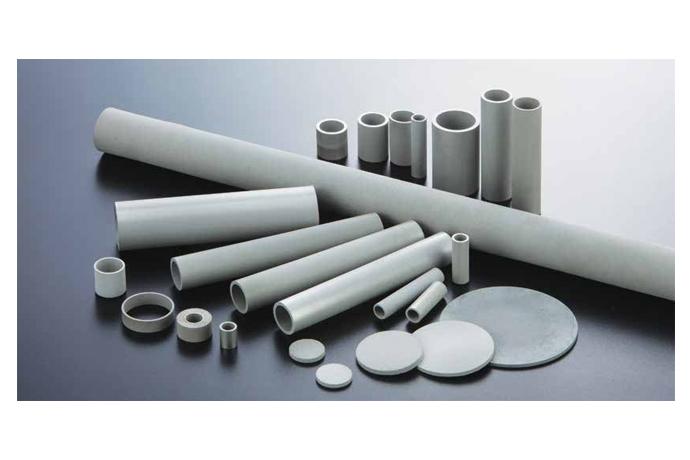What's Filtration?
Filtration is a mechanical/physical operation which is used for the separation of particles from fluid.
It will depend on the pore size and the thickness of the medium as well as the mechanisms that occur during filtration.
Filtration is used for the purification of fluids: for instance separating dust from the atmosphere to clean air.

Fundamentals of Gas Filtration

Diffusion
Particle deposition via diffusion results when particles collide with the filter structure due to their random Brownian motion.
Interception
A particle is deposited via the interception mechanism if a particle of finite size is brought within one particle radius of the filter structure as it follows the flow streamlines around the filter structure.
Inertial impaction
This mechanism becomes an increasingly significant means of particle collection for larger particles (particle mass), and higher gas velocities.
Electrostatic effects
Particles deposit via electrostatic deposition if electrical charges on either the particle or the filter, or both, create attractive electrostatic forces of sufficient magnitude to attract the particle to the filter surface.
Sieving
Particles unable to pass through openings in the filter structure, due to their larger size, are captured via the mechanism of sieving.







































































